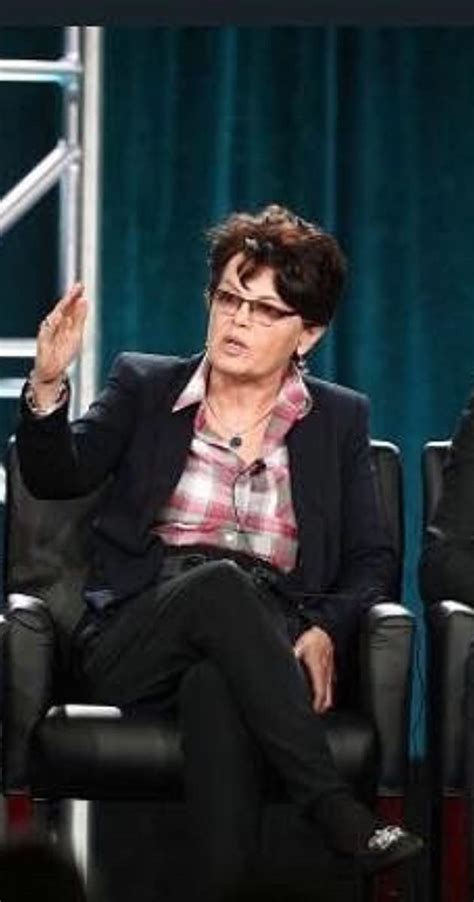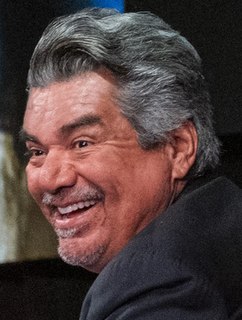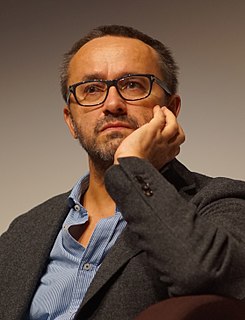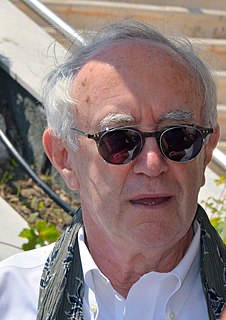A Quote by Neill Blomkamp
High-level actors can be all about their close-ups and the size of their trailers. I'd heard these horror stories of how a really powerful actor can come in and change your script.
Related Quotes
Screenwriting is a terrible way to make a living and I always try to talk anyone out of it. Until you sit in a story meeting with studio executives with no particular ability or actors who haven't even graduated high school telling you exactly how to change your script, you haven't experienced what it's really like to be a screenwriter in Hollywood. Also, unlike novelists and playwrights, you don't own the copyright on your original material. It hurts when you sell a project you love and then suddenly the project you really cared about will never see the light of day.
Having been an actor, I always want to leave room for the actors to find their comfort zone, so I don't like to be too rigid in how I plan my shots. It's different if you have weeks to rehearse and you can rehearse on your sets or in your locations and you can plan that out with your actors, but in modern independent filmmaking, you don't really have that time. You have to have a certain level of improvisation.
When you try to be true to the script, changes occur. A script is there to show us a certain direction. But when you actually have the actors in and you start shooting the movie, you have the actor say a line and it doesn't sound right so you change it and make it different. It's the script that gives birth to these changes and the more you try to stay true to the script, the more that happens.
I've always played down the drama in my films. In my main scenes, there's never an opportunity for an actor to let go of everything he's got inside. I always try to tone down the acting, because my stories demand it, to the point where I might change a script so that an actor has no opportunity to come out well.
You're always going to have ups and downs - if you look at the careers of a whole bunch of people I respect, some of them have good movies, some of them have bad movies. I remember Andrew Garfield said that the only power we really have as actors - or one of the main powers we have as actors - is our choices. We can make interesting choices, but as soon as you've made that choice, so much else is in play: the director, the script can change, the other actors. All you can do is try to make interesting choices and, once you're in it, just do the best you can.
Some actors come to casting and ask me, "Didn't you see my previous roles?" We do not work with actors like this. Their previous roles do not matter; I need the actual work with an actor in this particular character that has been written in our script. What matters is flexibility, believability and efficiency of an actor.
When you really want a role and you really want a character, you become quite close to the script and the project, and it is sad when it doesn't go your way. But I've found there's always another one, which will be as good if not better. You can't let your failures bring you down when you're an actor, because then you can't get up.




































